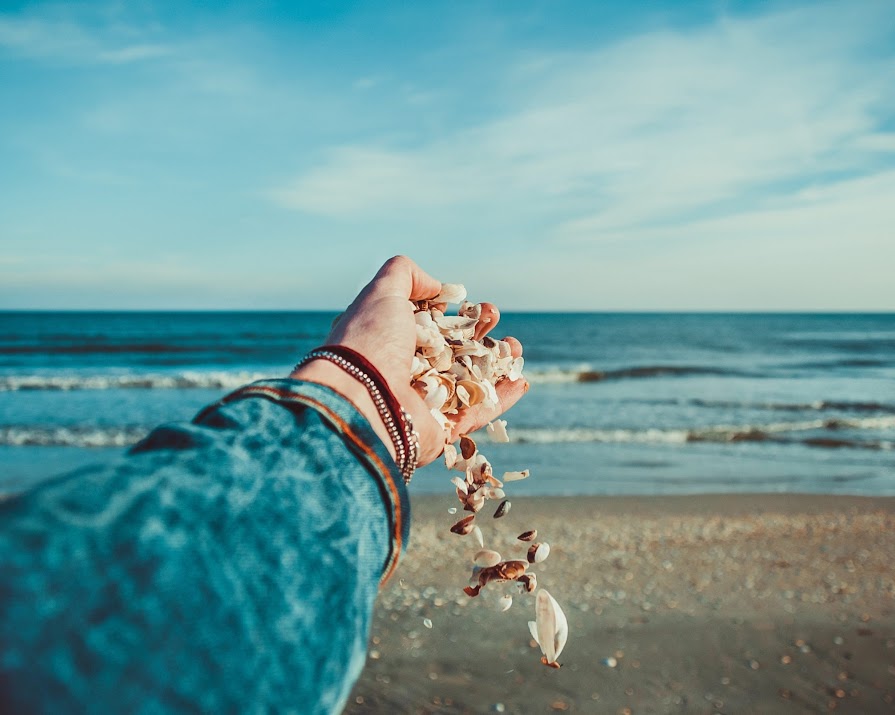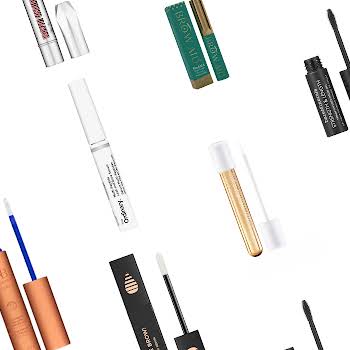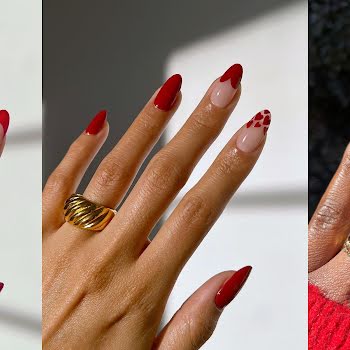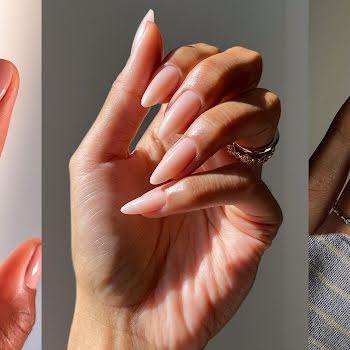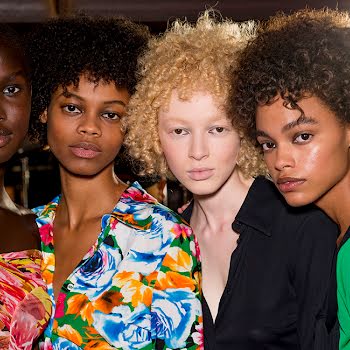
By Jennifer McShane
20th Feb 2020
20th Feb 2020
The Microbeads (Prohibition) Act 2019, which was signed into law on 6th February, officially came into effect on Thursday
Ireland has outlawed the sale, manufacture, import and export of products containing microplastics.
The Microbeads (Prohibition) Act covers personal care products, detergents, and domestic and industrial abrasive cleaning products and scouring agents. The Act exempts use of microplastics in medicinal products and sunscreen.
Ireland is the first EU country to ban microplastics in household and industrial cleaners.
As well as the ban on the beads, which are mostly found in scrubs, soaps and gels intended to exfoliate, The Microbeads Act also makes it an offence to dispose of any substance containing microbeads by pouring it down the drain or into marine or freshwater environments.
They were banned in the US in 2015 and last year in the UK.
In Ireland, a person convicted of an offence under the Act could receive a fine and/or a prison sentence of up to six months. Conviction on indictment (after being tried before a judge and jury) may mean a fine of up to €3,000,000 and/ or a prison sentence of up to five years, according to the new law.
The Environmental Protection Agency has been assigned the responsibility of implementation with support from customs officials and gardaí.
The Bill was announced last year and was finally signed into law earlier this month.
What are microbeads?
Less than 5mm in diameter, these tiny exfoliating plastic beads can be found in body scrub and beauty products like soaps, body washes, and even toothpaste. They are extremely environmentally unfriendly due to such their inability to be caught by water filtration systems – they are too small. As such, beads end up in lakes or rivers, where they build up as plastic pollution and are often mistaken by fish for food.
Microbeads are non-biodegradable. Each year, an estimated 8 million metric tonnes of plastics enter the ocean, and it’s estimated that currently, 150 million metric tonnes circulate in our marine environments
To give you further insight as to how damaging even using them in small doses can be, there are about 100,000 microbeads in a facewash product. A single shower can result in 100,000 plastic particles entering the ocean, according to a report in the Irish Times.
DIY alternatives
You could DIY it and use whole oats as a safer, natural option. Oats are one of the most gentle natural exfoliants, perfect for those with sensitive skin. In the same way, oats soak up milk in porridge, they soak up excess oil on the skin and work perfectly when ground in a blender and added to water to make a paste.
Jojoba is another alternative. These are beads which come from jojoba oil – a liquid wax derived from the jojoba shrub. They are also biodegradable and come in a variety of colours and shapes.
Or, off the shelf, maybe an excellent glycolic acid exfoliate?
Main photograph: Unsplash
Related: Meet the inspiring woman behind sustainable Irish brand The Ethical Silk Company
Related: The young Irish designer whose sustainable designs the Instagram set can’t get enough of











